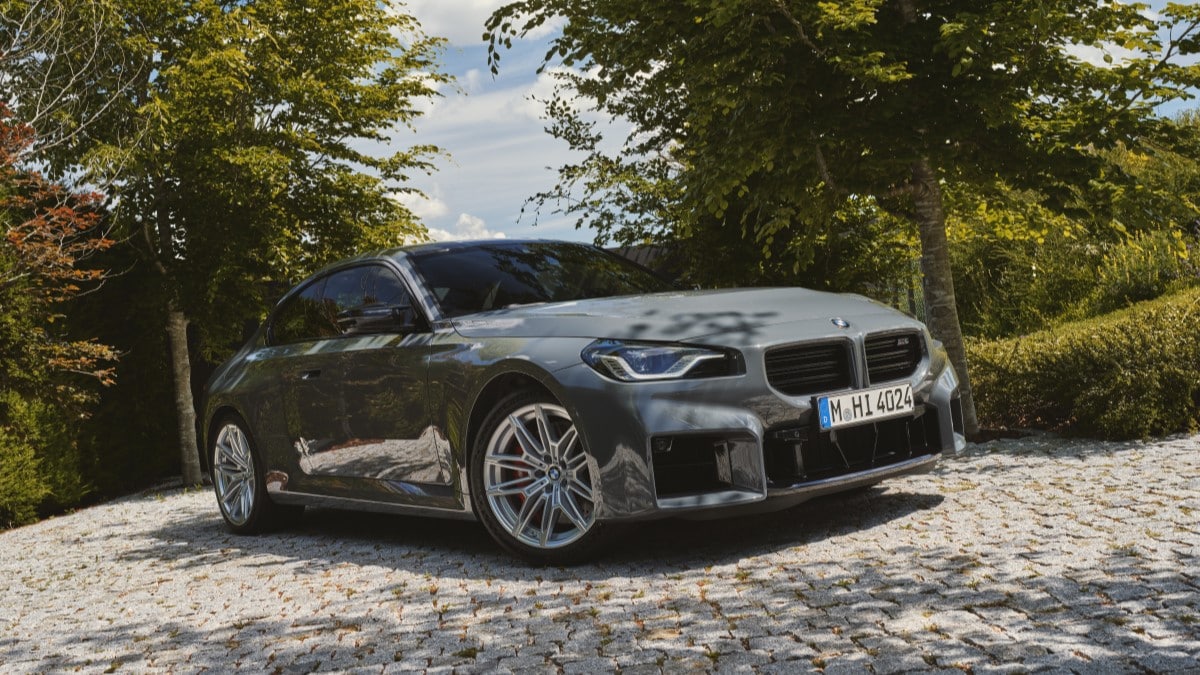The White House is preparing to soften tailpipe emissions rules that, as currently written, would require automakers to reduce new vehicle emissions by 56% by 2032. Automakers estimate that, if the rules don’t change, they’d need 67% of the new cars they sell to be electric by 2032.
Easing the rules would let them set a lower electric vehicle (EV) sales target.
Reuters, citing two unidentified sources close to the Biden administration, says, “The EPA will slow the pace of its proposed yearly emissions requirements through 2030.” The softened regulation would still aggressively promote EVs. But it “is expected to result in EVs accounting for less than 60% of total vehicles produced by 2030.”
EV Sales Still Growing, But Growth Rate Slowing
EV sales are growing faster than sales of any other type of car. But the rate of that growth has slowed recently.
According to Kelley Blue Book parent company Cox Automotive, 3.2% of all cars sold in the United States in 2021 were EVs. In 2022, the number was 5.8% – an increase of 2.6% of the market. In 2023, the figure was 7.6% – a rise of 1.8%.
Cox Automotive predicts EV sales will top 10% of the market for the first time in 2024.
But automakers would need sales to grow faster to meet a 67% target by 2032.
Industry analysts say many early adopters excited to own an EV may have already bought in to the technology. Attracting a more skeptical wave of buyers will challenge automakers.
Automakers Have Many Hurdles To Overcome
Multiple factors constrict EV sales growth. Demand can’t grow faster than infrastructure, and much of the country still has very limited support for charging EVs.
Since most EV owners do most of their charging at home, public chargers don’t need to be as numerous as gas stations to make EVs practical in more places. But studies have suggested that the U.S. will need thousands more DC fast charging stations to make coast-to-coast travel practical.
The automotive industry has just begun to converge on a single charging plug for all EVs that will allow any future EV to use any charging station.
Even when infrastructure growth makes charging practical in much of the country, EVs may not be the right solution for many drivers. Today’s EVs face limitations in hauling and towing. Long charging times might make evacuating from hurricane zones in an EV dangerously impractical.
And high prices remain a major barrier for many. EV prices fell drastically last year but have not reached parity with gas-powered car prices. Newly strict regulations on where automakers source minerals for EV batteries have left few 2024 EVs qualifying for a $7,500 federal tax incentive.
Finally, EVs have become a political issue. A new group launched by several Republican party strategists says automakers need to change how they advertise the cars to minimize a political divide on the technology.
Election Year Politics at Play
The move is practical, analysts say.
John Bozzella, president of the auto industry trade group the Alliance for Automotive Innovation, said softening the rules will “Give the market and supply chains a chance to catch up, maintain a customer’s ability to choose, let more public charging come online, let the industrial credits and Inflation Reduction Act do their thing and impact the industrial shift.”
But it’s also political. The New York Times called it “a concession to automakers and labor unions.” President Biden recently won the endorsement of the United Auto Workers union. UAW members, the Times says, “backed him in 2020 but now worry that an abrupt transition to electric vehicles would cost jobs.”
Most political analysts consider Michigan, home to most of America’s automakers, a battleground state in the upcoming 2024 presidential election. Former President Donald Trump, the presumptive Republican nominee, won the state in 2016. President Biden carried it in 2020.





